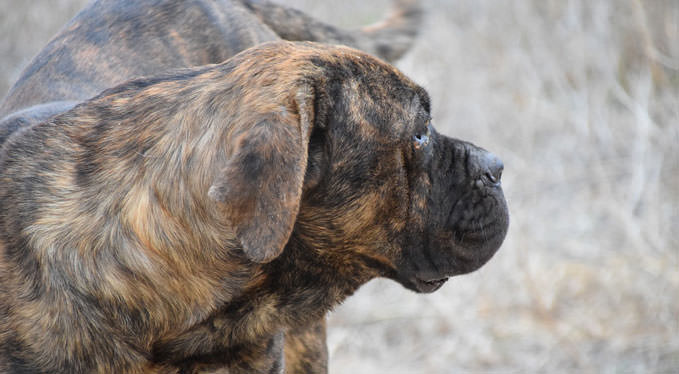Pitbulls are known for their short, sleek coats, which require relatively low maintenance compared to some other breeds. However, regular care is essential to keep their coat healthy, shiny, and free from common skin issues.
This guide covers everything you need to know about Pitbull coat care, including grooming, bathing, diet, and addressing common coat problems.
Understanding the Pitbull Coat
Pitbulls have a single-layer, short coat that lies close to the skin. This type of coat does not shed excessively but still requires regular grooming to maintain its health and appearance. The coat comes in various colors and patterns, adding to the breed’s unique look.
Regular Brushing
- Frequency: Brush your Pitbull’s coat at least once a week. Regular brushing helps remove loose hair, dirt, and debris while distributing natural oils throughout the coat.
- Tools: Use a rubber curry brush or a bristle brush designed for short-haired breeds. These brushes are gentle on the skin and effective at removing loose hair.
- Technique: Brush in the direction of hair growth to avoid irritation. Be gentle but thorough, covering all areas, including the legs and underbelly.
Bathing
- Frequency: Bathe your Pitbull every 4-6 weeks, or as needed if they get particularly dirty or start to smell. Over-bathing can strip the coat of natural oils, leading to dryness.
- Shampoo: Use a mild, dog-specific shampoo. Avoid human shampoos, as they can be too harsh for your dog’s skin. For Pitbulls with sensitive skin, consider a hypoallergenic or oatmeal-based shampoo.
- Bathing Process:
- Wet the coat thoroughly with lukewarm water.
- Apply shampoo and lather, paying special attention to dirty areas.
- Rinse thoroughly to remove all shampoo residues.
- Towel dry and allow your Pitbull to air dry or use a blow dryer on a cool setting if they tolerate it.
Skin and Coat Health
- Diet: A balanced diet rich in omega-3 and omega-6 fatty acids is crucial for maintaining a healthy coat. High-quality dog food or supplements recommended by your vet can support skin and coat health.
- Hydration: Ensure your Pitbull has access to fresh water at all times. Proper hydration supports overall skin health and prevents dryness.
- Supplements: Consult your vet about adding supplements like fish oil to your Pitbull’s diet. These can improve coat condition and reduce shedding.
Common Coat Problems
- Dry Skin: If your Pitbull’s skin appears flaky or dry, consider using a moisturizing spray or lotion designed for dogs. Regular brushing and proper diet can also help prevent dryness.
- Allergies: Pitbulls can be prone to allergies, which can cause itching and skin irritation. Identify and eliminate allergens, and consult your vet for appropriate treatments.
- Parasites: Regularly check for fleas, ticks, and other parasites. Use preventive treatments recommended by your vet to keep your Pitbull free from these pests.
- Infections: Bacterial and fungal infections can affect your Pitbull’s skin and coat. Signs include redness, swelling, and an unusual odor. Seek veterinary care if you suspect an infection.
Seasonal Care
- Summer: During hot weather, ensure your Pitbull has access to shade and water. Overexposure to the sun can cause sunburn, especially on lighter-colored Pitbulls. Consider using a pet-safe sunscreen on exposed areas.
- Winter: In cold weather, your Pitbull’s short coat offers limited protection. Provide a dog sweater or coat for outdoor activities to keep them warm.
Regular Check-ups
- Vet Visits: Schedule regular veterinary check-ups to monitor your Pitbull’s overall health, including skin and coat condition. Early detection of issues ensures prompt treatment.
- Professional Grooming: Occasionally, consider taking your Pitbull to a professional groomer for a thorough grooming session. Groomers can also spot potential skin issues early.
Conclusion
Caring for your Pitbull’s coat involves regular grooming, proper nutrition, and addressing any skin issues promptly. By following these guidelines, you can ensure your Pitbull’s coat remains healthy, shiny, and beautiful, reflecting their vibrant personality and good health.
Regular coat care also provides an excellent opportunity to bond with your dog and monitor their overall well-being.


Leave a Reply